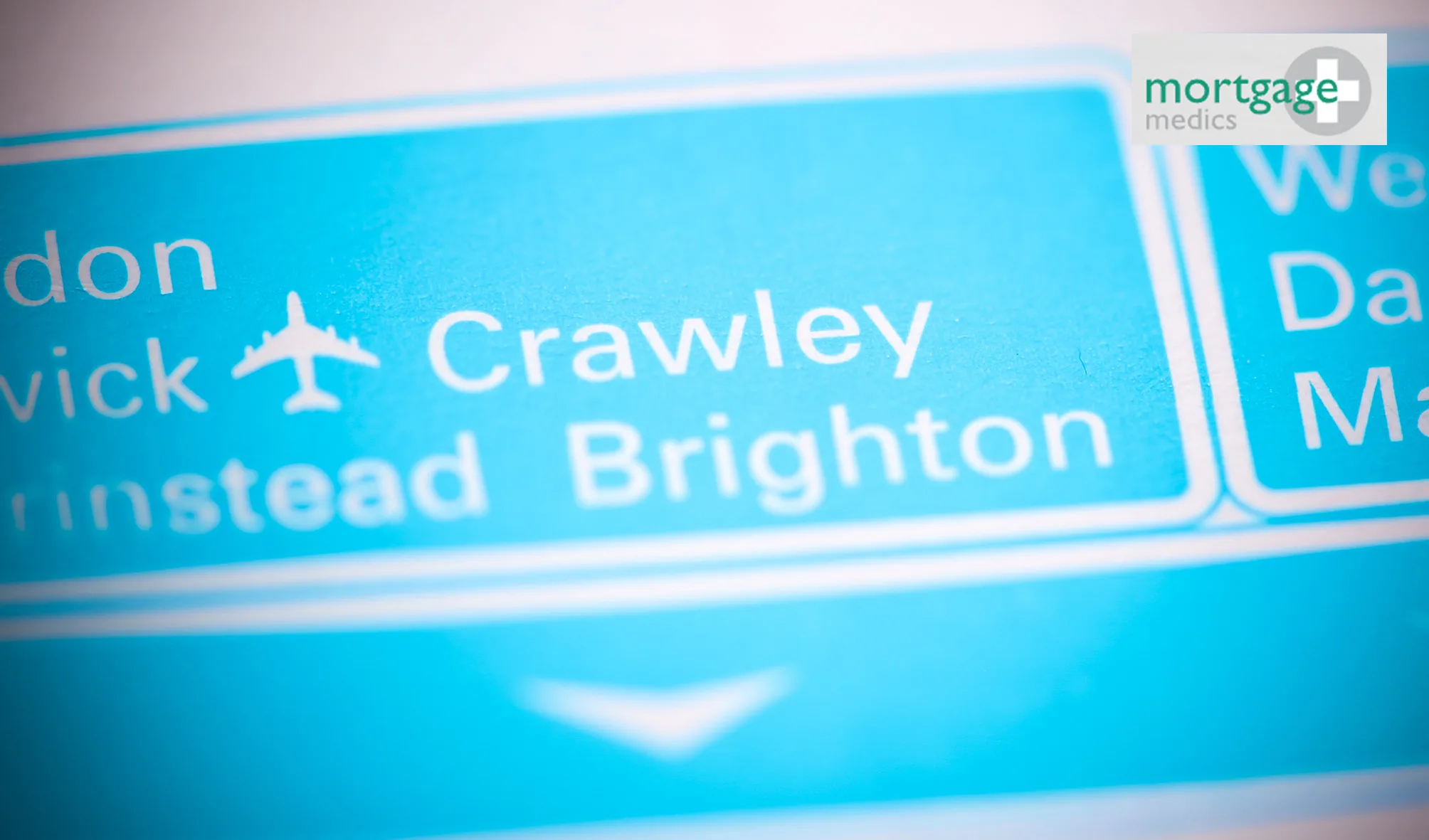In recent months it has become apparent that some landlords are choosing to sell their Buy-To-Let properties due to rising mortgage rates and shrinking profit margins.
In this article we’ll explain how selling your Buy-To-Let property to your tenant – at a discount – could save you both time and money.
What is a concessionary purchase and what benefits might there be to landlord and tenant?
A concessionary purchase is where a property is sold at an agreed discount below market value, and doing so can help tenants take advantage of mortgage lending criteria which is not widely known.
If the landlord is willing to offer a genuine discount of at least 10% off market value, then the tenant may be able to use this ‘gifted equity’ as their deposit to purchase the property they already reside in, taking a mortgage for the remaining 90% and not having to find any deposit of their own.
If the tenant wishes, they can also contribute their own funds to increase the deposit amount, and they will still need to consider legal costs and potentially stamp duty depending on the sale price.
For example, a landlord wanting to sell their Buy-To Let property worth £300,000 to their tenant
The tenant is offered a 10% discount, so £30,000. They then get a 90% mortgage for the remaining £270,000.
The advantages for the tenant are obvious – they get to buy a property at a discount and don’t have to find £30,000 for the deposit.
A concessionary purchase can also be used in a similar way if selling property between family members, for example parents selling to children.

What are the benefits for Landlords?
You may not need to pay an estate agent. Typically estate agent fees are between 1% – 2%+VAT of the sale price, so on a sale price of £300,000 you might usually expect to pay £3,600 – £7,200. If the sale to a tenant is a private sale, this might be avoided.
You might save money on the mortgage. If you’re on a mortgage scheme withe a penalty for early repayment, you might be able to schedule the sale to go through on the exact day the penalty ends. Avoiding the penalty iteself and your mortgage potentially going up to the lender’s Standard Variable Rate (SVR). This could save thousands.
Your property won’t sit empty. If you sell your property to your current tenant then the property will continue to be occupied and you won’t have a void period.
No redecorating. If selling on the open market you might expect to have to redecorate or make other home improvements to get the best price, but if selling to your tenant it’s likely to be in the property’s present condition, saving both time and money.
A quick sale. There’ll be no chain so the legal work could be completed quicker than usual.
Capital Gains Tax. At the moment CGT is still calculated on the value of the property before any discounts, although it has been suggested that a scheme should be introduced to give landlords a tax break when selling to tenants. This would be a big win but there are no firm plans at this stage.
What are the benefits for Tenants?
A Discount. If buying via concessionary purchase the tenant is getting a deal on the purchase price.
No deposit. A 10% discount is enough for many lenders to use the discount as deposit instead of the buyer having to come up with a deposit of their own. This can be a game changer for tenants who can meet their rent and bills every month, but struggle to save on top of this.
No moving! There’s no cost or aggravation of moving – everything it already where it needs to be.
Reduced amount of stamp duty. With a concessionary purchase, stamp duty is charged at the discounted sale price of the property and not its market value. This may save a lot of money, especially if you’re not a first-time buyer.
Sounds good – what next?
Tenants: Ask your landlord if they’d consider selling the property and if so at what price. If they’re interested, get in touch with an independent mortgage adviser to explore your options and find out more about concessionary purchases. Then go back to your landlord with a counter offer.
Landlords: Ask your tenant if they’d consider buying the property if you can do them a deal. If they’re interested, direct them to an independent mortgage adviser to explore their options.
Whoever instigates the process, it would be worth getting an independent valuation from a RICS-registered Surveyor, so you can agree on the market value (and therefore the discount).
If this has got you thinking, we’d be delighted to help. Get in touch and we’ll be help you understand what’s possible, or sign up to our monthly newsletter, to keep your finger on the pulse.
William Sproule – 6th October 2023












 Production
Production
